Pemanduan Autonomi Tanpa Diawasi Volvo Akan Debut Di California
Volvo Cars merealisasikan pemanduan tanpa pengawasan dan autonomi sepenuhnya di California dengan Embla tahun ini.
Volvo Cars hampir memperkenalkan ciri pemanduan autonomi sepenuhnya yang dipanggil ‘Ride Pilot’ kepada pelanggan di California, Amerika Syarikat. Ride Pilot akan tersedia sebagai item langganan tambahan pada SUV semua elektrik syarikat pada masa hadapan, Embla. Tidak diketahui bila sebenarnya Ride Pilot akan debut, tetapi Volvo Cars berkata pelancaran Embla akan diadakan pada tahun ini.
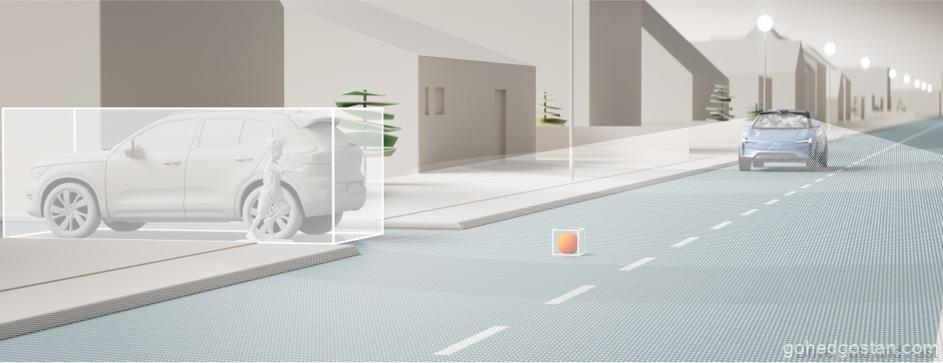
Ride Pilot
Ride Pilot akan menjadi ciri pemanduan autonomi tanpa pengawasan pertama syarikat. Pada masa ini, kebanyakan modelnya menampilkan ‘Pilot Assist’, yang memerlukan perhatian pemandu dan tangan pada stereng, sekiranya campur tangan diperlukan.
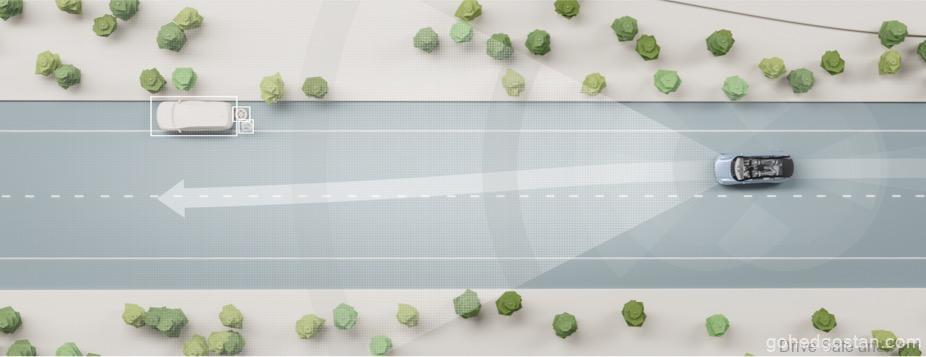
Untuk menjadikan pemanduan sendiri tanpa pengawasan cukup selamat untuk Kereta Volvo, Embla akan dipasang dengan lebih daripada 24 penderia, termasuk penderia Iris LiDAR ihsan pasukan Luminar dalaman syarikat. Mempunyai pasukan dalaman membangunkan teknologi memberikan Volvo Cars pemahaman dan kawalan yang lebih besar ke atas keupayaan penderia yang terlibat. Sebaliknya, Tesla telah memilih sistem berasaskan kamera semata-mata untuk pemanduan sendiri yang diselia.
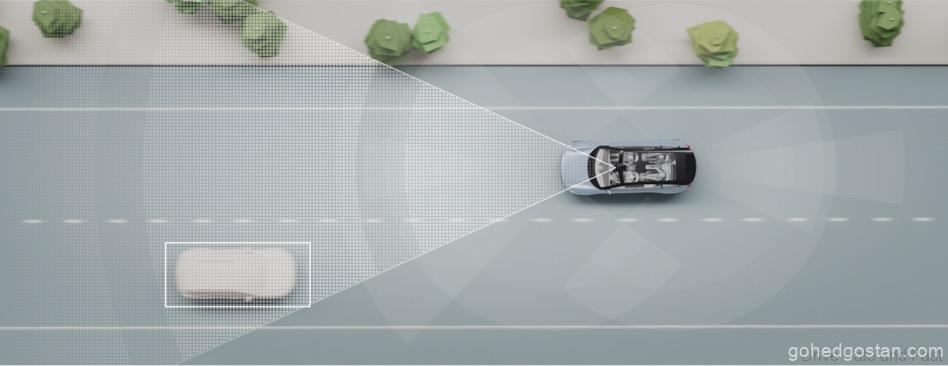
Penderia lain yang terlibat dalam menghidupkan Ride Pilot ialah lima radar, lapan kamera dan enam belas penderia ultrasonik.

Berikut ialah siaran media Volvo Cars dengan lebih maklumat.
MEDIA RELEASE
Volvo Cars will introduce its unsupervised autonomous driving feature Ride Pilot to customers in the state of California first.
By building on an industry-leading safety standard that will feature in Volvo Cars’ next generation of pure electric cars, Ride Pilot aims to free up more time for customers and make driving a Volvo even more convenient and enjoyable.
Once it has been verified as safe for use on highways, Ride Pilot is planned to be available as an add-on subscription on the company’s forthcoming fully electric SUV. This new flagship car for the company will be revealed later this year.
On its next generation of cars, Volvo Cars is setting a new standard for safety, with over-the-air software updates in combination with a state-of-the-art sensor set-up. The software is developed by autonomous driving (AD) software company Zenseact together with Volvo Cars’ in-house team of developers, and developers from Luminar, one of its technology partners. The sensor set-up consists of more than two dozen sensors, including Luminar’s cutting-edge Iris LiDAR sensor, which work hand in glove with the developed software.
“We are proud to announce the planned US launch of our first truly unsupervised autonomous driving feature, as we look to set a new industry standard for autonomy without compromising safety,” said Mats Moberg, head of research and development at Volvo Cars. “Having Zenseact’s brand new AD software and Luminar’s LiDAR standard in our new fully electric SUV is a game-changer for Volvo Cars, as well as for automotive safety and autonomous driving.”
While this software-sensor combination, and the safety it enables, will be standard, available from day one on Volvo Cars’ forthcoming fully electric SUV and improve over time, Ride Pilot will only be made available to customers once it has gone through Volvo Cars’ rigorous verification and testing protocol. This includes validation of the technology as safe for use on highways in a number of varying conditions.
As part of this verification process, Volvo Cars is already testing autonomous driving functionalities on roads in Sweden together with Zenseact, and collecting data across Europe and the US. By the middle of this year, the company intends to begin testing on roads in California*, where the climate, traffic conditions and regulatory framework provide a favourable environment for the introduction of autonomous driving.
“Delivering a new safety standard for the industry requires a level of rigorous testing and verification that will expand globally,” said Ödgärd Anderson, CEO of Zenseact. “Zenseact AD software plays a key role in this new standard and in the journey towards zero collisions.”
Once it has been verified as safe and all necessary approvals have been secured, the company’s ambition is to introduce Ride Pilot in California first, before gradually rolling out in other markets and regions around the globe.
By using Ride Pilot, drivers will be able to free up time while driving, and spend it on secondary activities like reading, writing, working or socialising. The feature can also help drivers arrive at their destination rested and recharged, by reducing the mental strain that may come with driving, especially in traffic jams or heavy traffic.
The name ‘Ride Pilot’ implies what the driver can expect: when the car is driving on its own, Volvo Cars takes responsibility for the driving, offering the driver comfort and peace of mind.
Luminar’s LiDAR sensor will complement five radars, eight cameras and sixteen ultrasonic sensors in Volvo Cars’ upcoming fully electric SUV. This standard sensor set-up provides excellent vision and perception reliability. Together with continuous, over-the-air software rollouts the system will ensure full redundancy and enable Volvo Cars to achieve safe autonomous driving with Ride Pilot.
“Luminar’s vision is to democratize next-generation safety and autonomy, and we’re already seeing this become a reality with the first vehicle launching on Volvo’s new platform” said Austin Russell, Founder and CEO. “With Luminar as standard on every vehicle, their next SUV has the opportunity to be the safest vehicle on the road.”



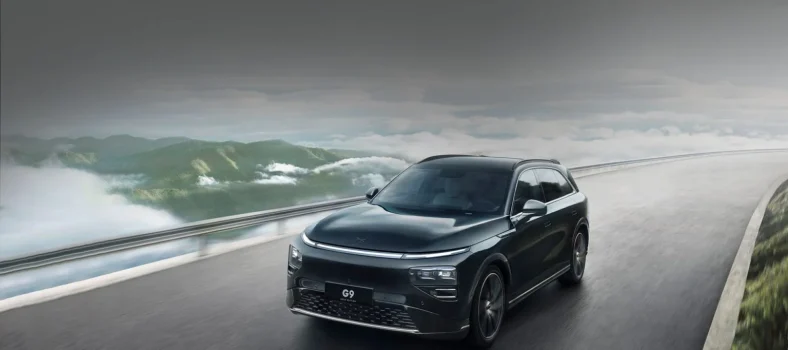

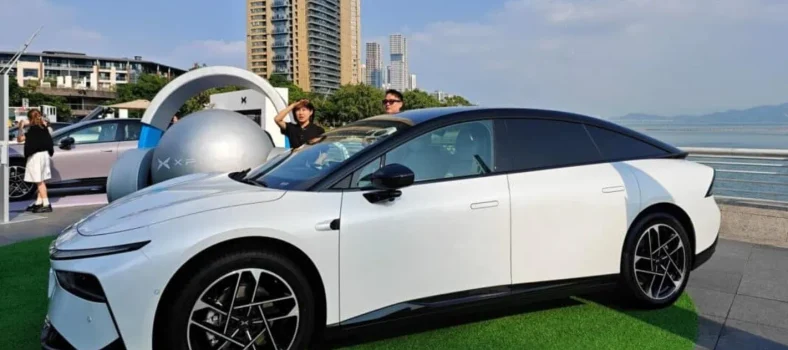
No Comment